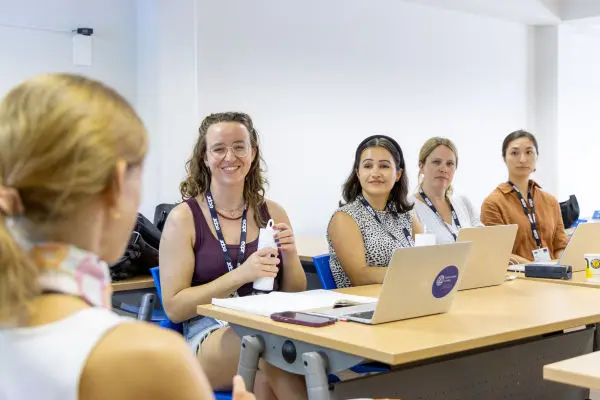
Amsterdam, Netherlands
Water Politics and Governance
When:
20 July - 24 July 2026
Credits:
0 EC
Read more
Political Science
When:
29 June - 10 July 2020
School:
SOAS Online Academic Summer School
Institution:
SOAS University of London
City:
Country:
Language:
English
Credits:
15 EC
Fee:
1200 GBP

This online course provides a critical introduction to the history, nature and impact of global protest. It analyses how social movements, NGOs and other civil society organisations have interacted and influenced each other and how they have globalised. It interrogates the notion of development as economic growth, assesses the critiques against NGOs as alternatives to state-led development models and considers the concept and use of humanitarian intervention in diverse geographical contexts.
The course also discusses the role of labour and labour organising alongside social movements and explores the extent to which movements are posing a challenge to neoliberal development. Finally, it examines both the theoretical basis for social movement and NGO strategies for social change as well as their practical implications, and draws on a number of case studies, including the explosion of the climate justice movement, and advances ideas about what kind of development and social change is possible.
A theoretical consideration of social movements and their relationships to neoliberalism is an important theme for students of Development Studies. The case studies will complement the theory, providing students a comprehensive overview of the conditions of protest in the current global context and the potential for social change. Discussion of the various case studies will equip students with the capacity to analyse questions of strategy in relation to political context and current events. Students will also have the opportunity to discuss and analyse relevant films that examine case studies.
Students will conduct field research by participating in a protest or demonstration in London during the course, and undertaking a short practical exercise, either a photo essay or short video of the protest, which they will present to their classmates in the final tutorials. This exercise highlights the importance of experience and participation, strategy and intervention, in addition to observation and analysis of protest movements.
Dr. Feyzi Ismail
A university student or a graduate at the time of attending the summer school, and 18+ years of age. Professional experience can be acknowledged as equivalent to a university qualification.
On successful completion of the course, the student should possess:
- A critical understanding of the key theoretical debates on social movements and NGOs, including an understanding of the various roles these forces play in processes of development and social change.
- An understanding of the nature and history of social protest since the 1960s.
- An understanding of the relationships between NGOs and a range of other development actors, including the state, and knowledge of how these relationships have evolved.
- A capacity to identify, understand and critique a range of theoretical approaches for understanding contemporary social movements, and apply these approaches to practical case studies.
Fee
1200 GBP, - Save £200 if you apply by 30th April - 10% discount if you apply for two courses over 6 weeks - 15% discount for SOAS alumni (including Academic Summer School alumni) - 20% discount for our partner institutions Other discounts are available for groups, please contact us for further information.
When:
29 June - 10 July 2020
School:
SOAS Online Academic Summer School
Institution:
SOAS University of London
Language:
English
Credits:
15 EC

Amsterdam, Netherlands
When:
20 July - 24 July 2026
Credits:
0 EC
Read more

Colchester, United Kingdom
When:
23 February - 27 February 2026
Credits:
4 EC
Read more

Colchester, United Kingdom
When:
16 February - 20 February 2026
Credits:
4 EC
Read more